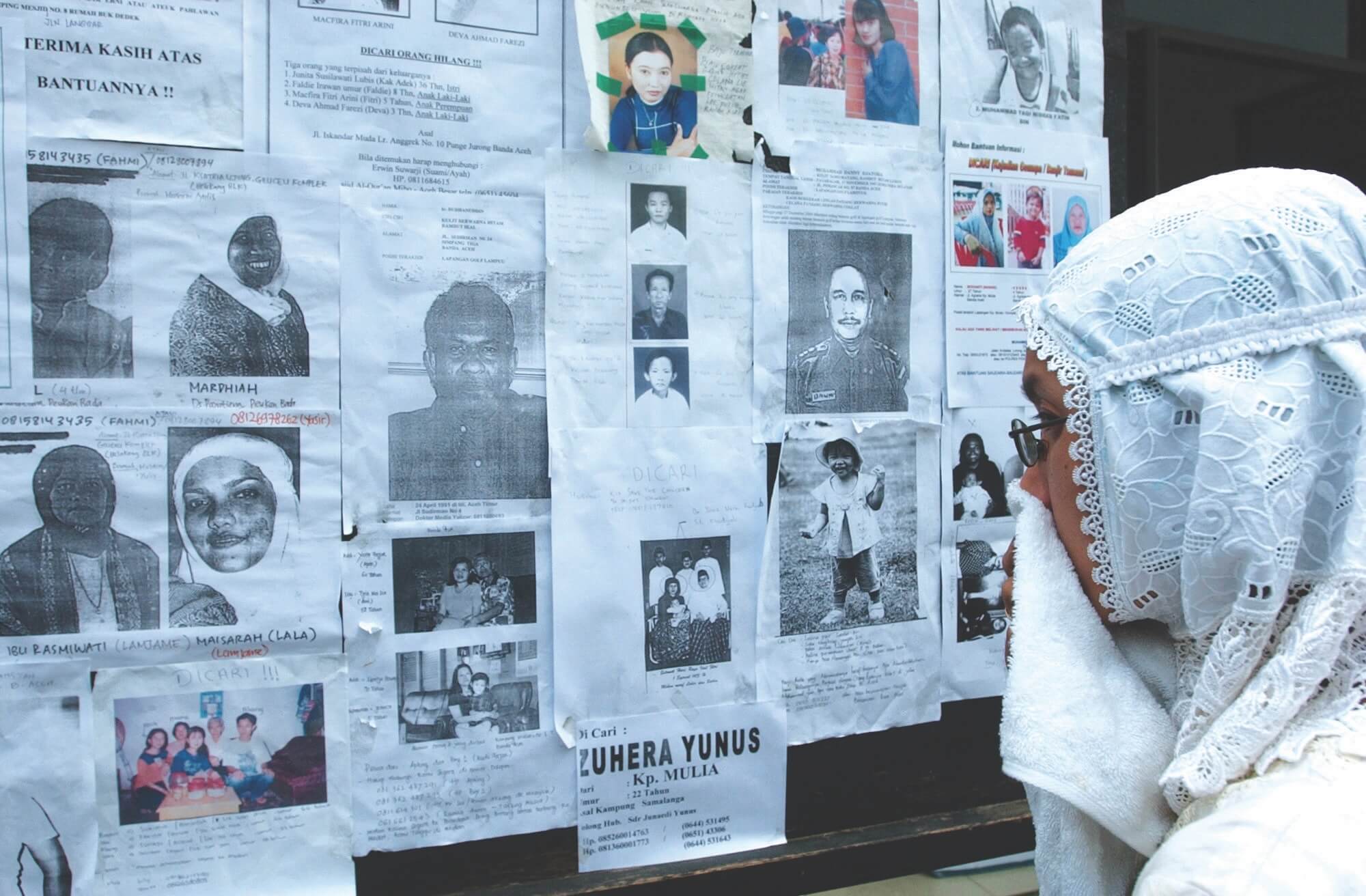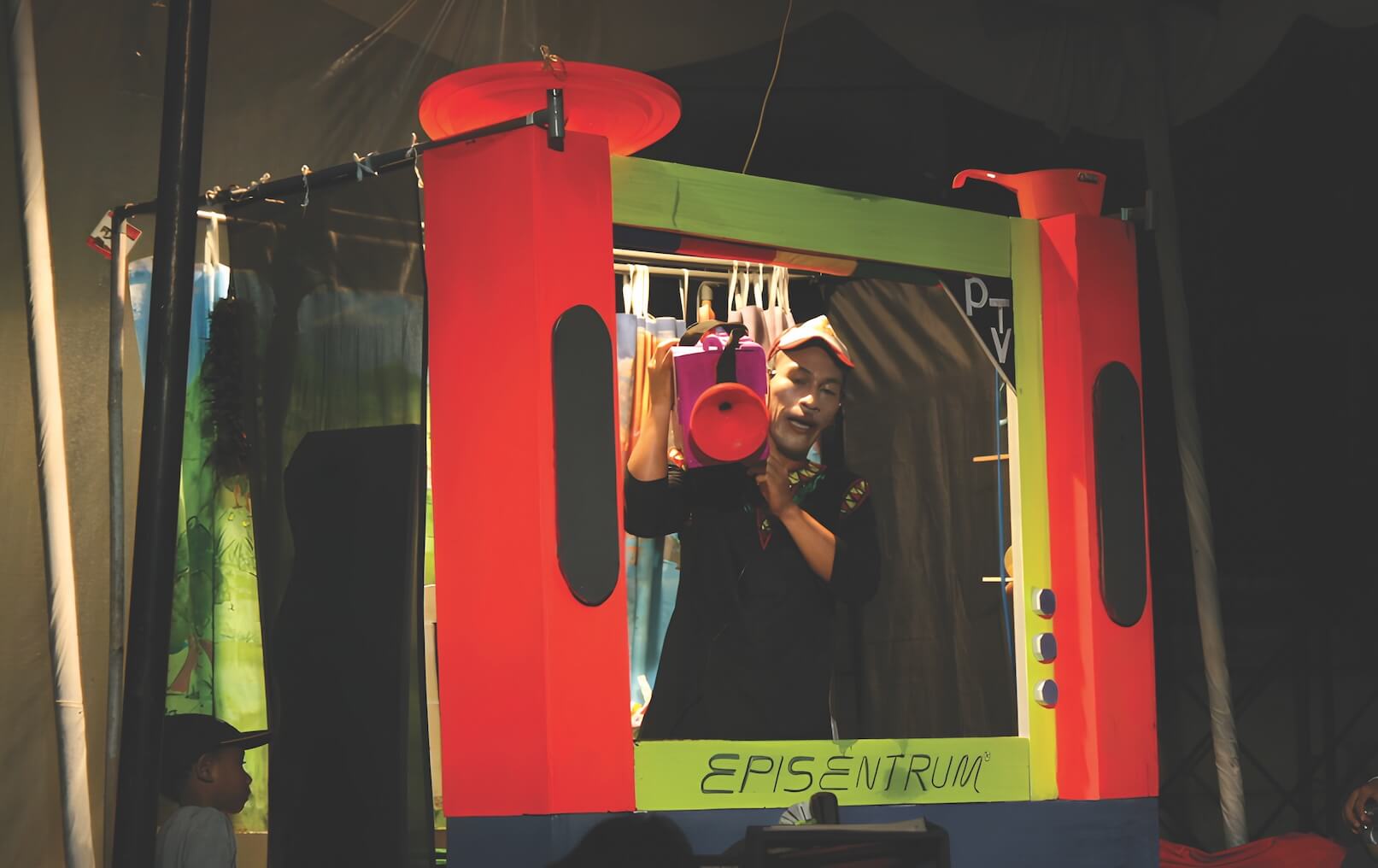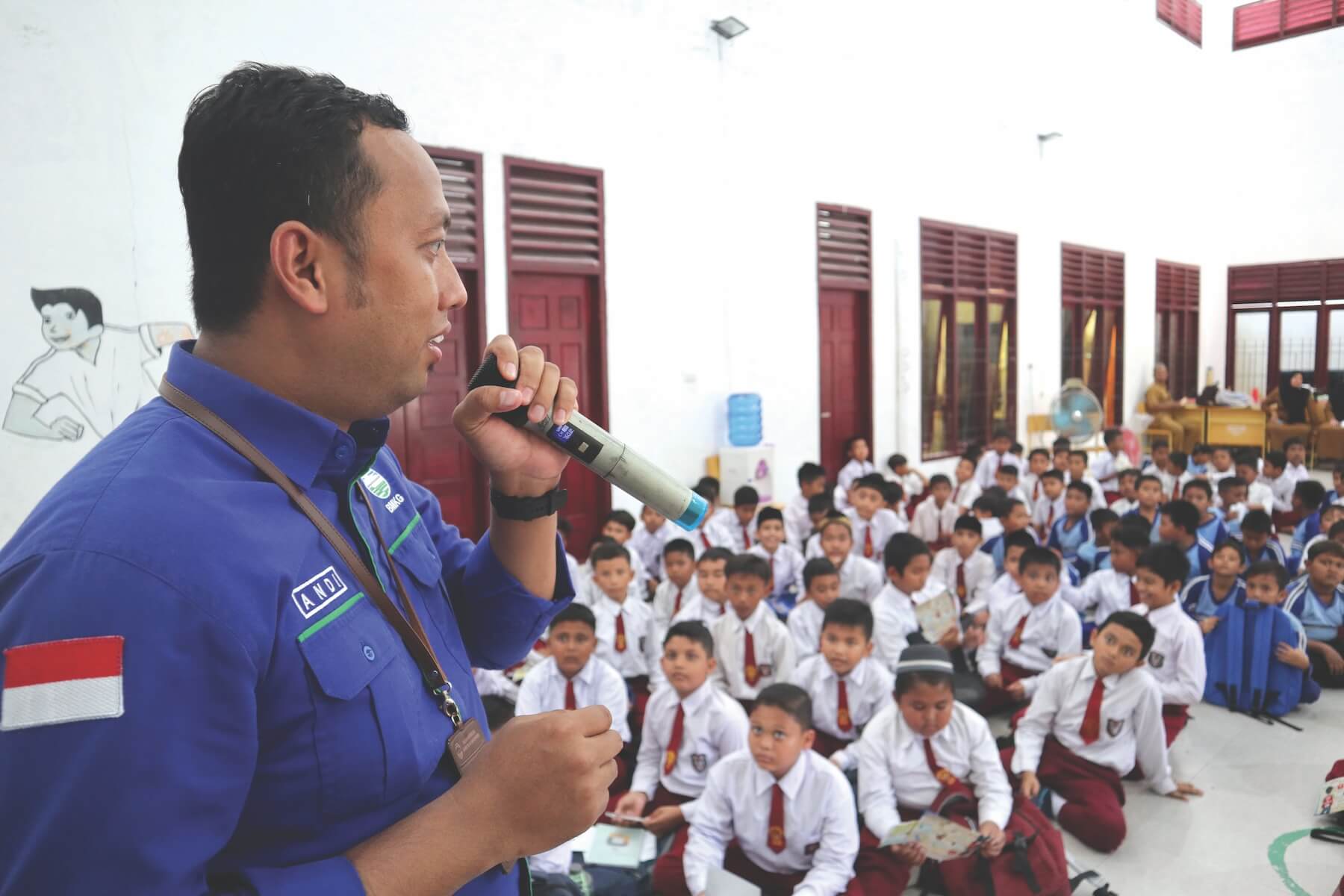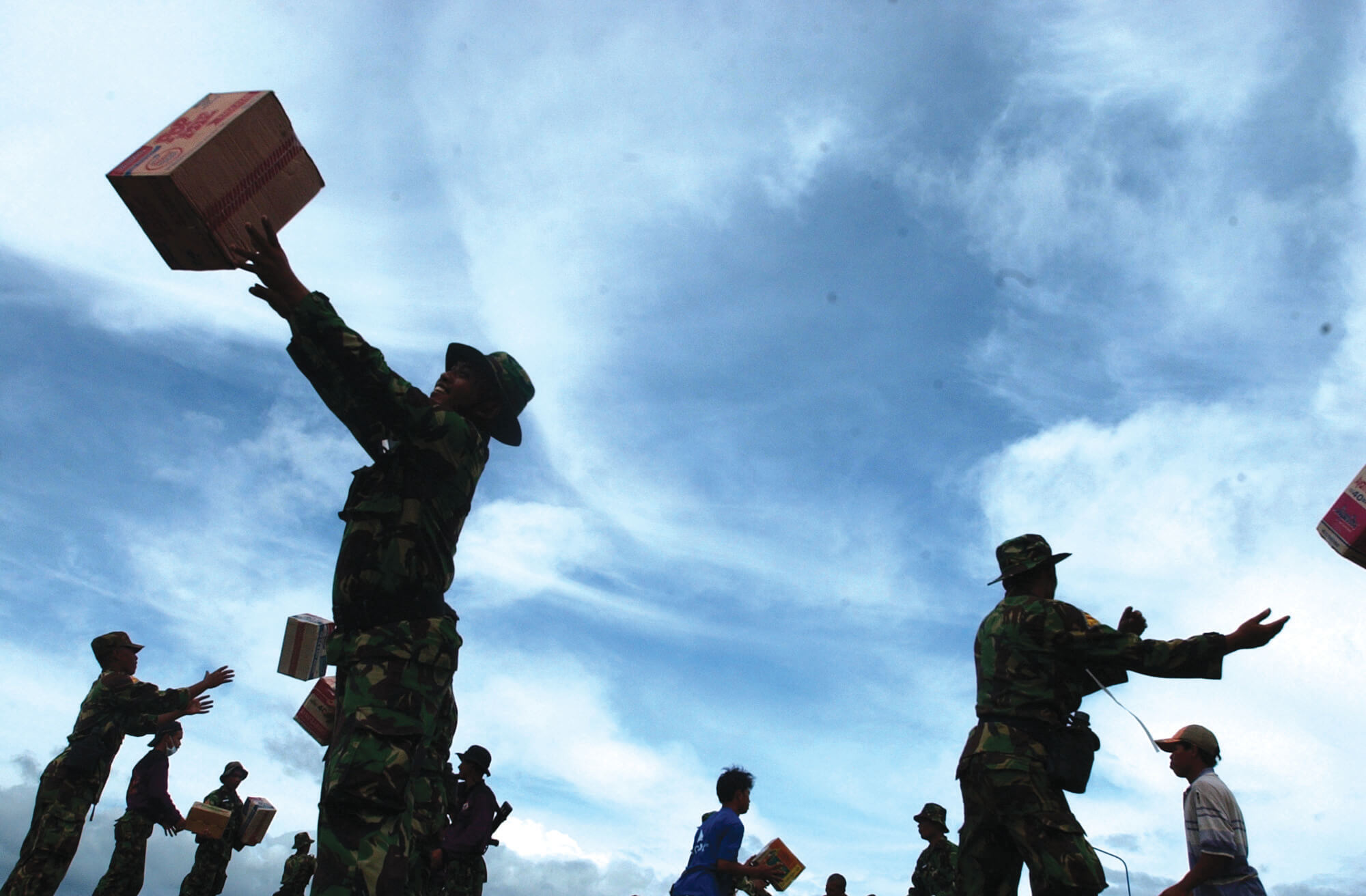



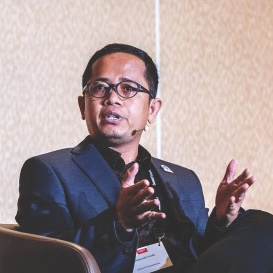
On the morning of 26 December 2004, a 9.1 magnitude earthquake struck, triggering one of the most devastating tsunamis in Asia. My hometown, Aceh, Indonesia was among the hardest hit, and the destruction was beyond anything I could have ever imagined. The tsunami destroyed not only physical structures but also left deep emotional and psychological scars on the survivors, including myself and my community.
The earthquake on Sunday, 26 December, was the strongest earthquake I had ever experienced. In those moments of sheer terror, instinct took over—I ran outside with my friends while others scattered in different directions, seeking safety.
About ten minutes after the earthquake stopped, a new fear began. We heard people screaming, running towards us, shouting, “Run for your life! The water is rising!” Panic set in as we realised that a tsunami was on its way. With whatever energy I had left, my friend and I ran toward what we hoped was higher ground. The streets were filled with people, all desperately trying to escape the oncoming waves. In the chaos, people were bumping into each other, and the fear was palpable.
As we crossed a bridge, I witnessed something that still haunts me to this day—people being swept away by the powerful surge of water. Their screams for help filled the air, but there was nothing we could do. My friend and I tried to assist one person, but as another massive wave approached, we were forced to abandon our efforts and run. The guilt of leaving them behind has never left me.
The impact on my life and community
That day changed my life forever. I lost many friends, and my niece and her baby were among the lives lost. The tsunami not only took lives but also shattered the sense of security and normality in our community. Homes, schools, businesses, and places of worship were destroyed. The infrastructure that once connected us was gone, and the emotional toll on the survivors was profound.
In the immediate aftermath, I was separated from my family for several days. To survive, I joined the Indonesian Red Cross as a volunteer. The organisation provided me with food and shelter; it was my first experience working with a humanitarian organisation. This work was not just about survival; it was also a way to cope with the immense loss and trauma I was experiencing. After several harrowing days, I was finally reunited with my family.
Recovery and rebuilding
The months following the earthquake and tsunami were incredibly challenging. Having survived such a harrowing ordeal, I felt a deep compulsion to help others who had also been affected by the disaster. Just weeks after the tsunami, in early 2005, I volunteered as part of an evacuation team. My responsibilities included assisting with the retrieval of dead bodies, distributing food to survivors, and providing support wherever it was needed. This collective effort was crucial in aiding our community’s recovery.
Later that year, I joined Médecins Sans Frontières (Doctors Without Borders), where I worked as an officer, assisting doctors in providing medical care to tsunami-affected communities. I also became part of a mental health team, receiving training to become a counsellor. This role was particularly significant for me, as it not only helped me confront and heal from my own trauma but also enabled me to offer therapy to others in need.
As time passed, our community began to rebuild—physically, emotionally, and spiritually. International aid and local resilience combined to reconstruct homes, schools, and infrastructure. People came together to support each other, sharing stories of survival and loss, and finding strength in unity. The tragedy of the tsunami forged a stronger, more resilient community.
A lifelong commitment to service
After completing the emergency humanitarian work in Aceh, I continued my efforts in other disaster-stricken areas of Indonesia, such as Padang in West Sumatra and Yogyakarta. There, I provided counselling to victims, shared my personal journey of healing from trauma, and distributed emergency aid. My experience during the tsunami set me on a path of lifelong service. For over 18 years, I have worked as a development worker with international organisations, UN agencies, and now with the ASEAN Foundation. My journey, which began in the wake of a tragedy, has been one of resilience, healing, and dedication to helping others rebuild their lives.
The tsunami may have taken much from us, but it also instilled a deep sense of purpose in those who survived. My life and the lives of many others in my community have been irrevocably changed by that day, but through our collective efforts, we have found ways to heal, rebuild, and support one another in the face of adversity.
The views and opinions expressed in this article are solely those of the author and do not reflect the official policy or position of ASEAN.




